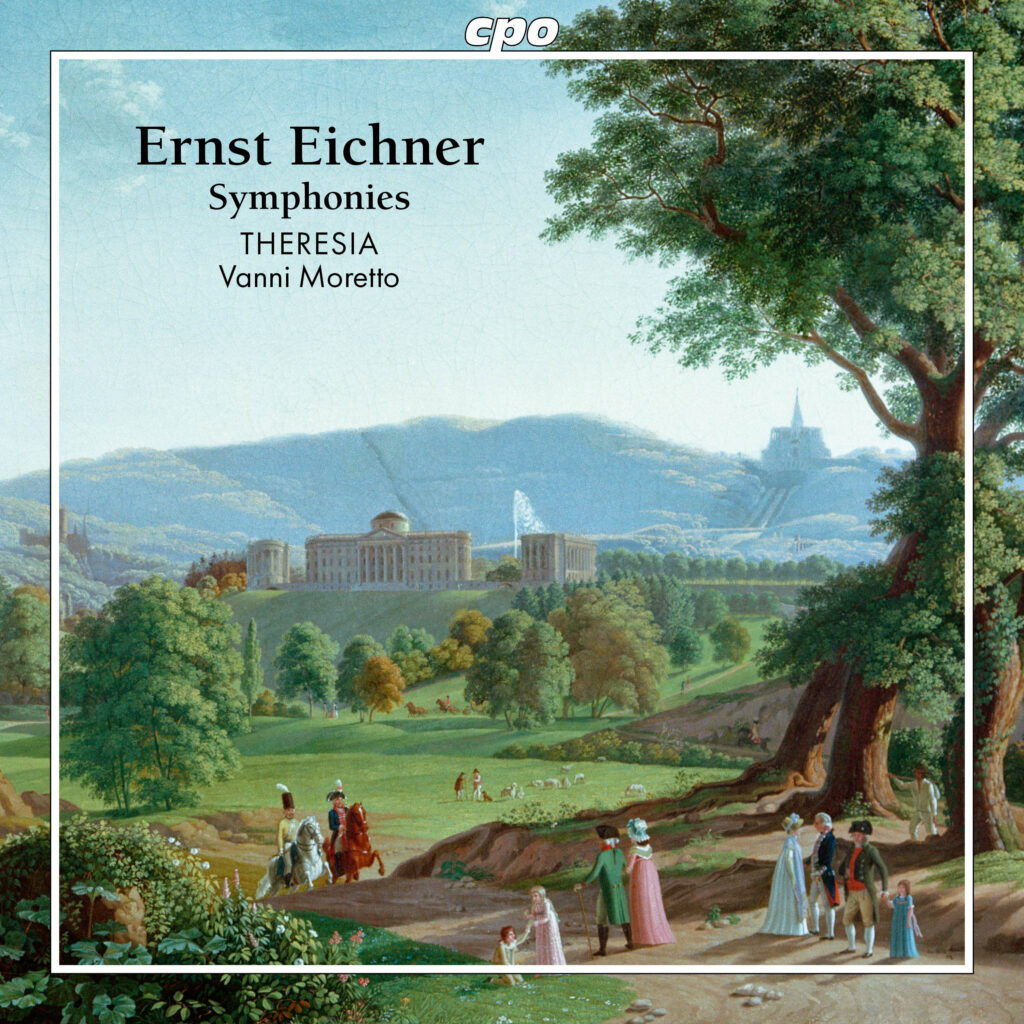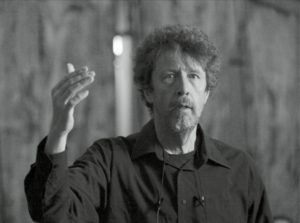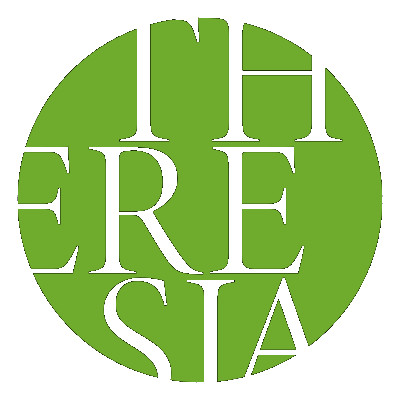
Vanni Moretto on the release of Theresia’s new CD on Ernst Eichner
By Emilia CampagnaFebruary 28, 2024
 A new CD has just been released on the CPO label: Theresia’s recording of Ernst Eichner’s Symphonies conducted by Vanni Moretto, whom we had the pleasure of interviewing briefly.
A new CD has just been released on the CPO label: Theresia’s recording of Ernst Eichner’s Symphonies conducted by Vanni Moretto, whom we had the pleasure of interviewing briefly.
Vanni Moretto, what is the significance of this release?
For me, it is a very important recording because it offers an opportunity to rediscover the music of a forgotten composer. During his lifetime, Eichner was a great bassoonist and violin virtuoso, and that is what he was primarily recognised for. Although his fame as a virtuoso was substantial, it complicated the later reception of his compositions. Unlike his more widely recognized composer colleagues in Mannheim, Eichner’s legacy was overshadowed, leaving a fainter imprint on musical history. What’s more, and we don’t think about it today, but at that time instrumental music was a subordinate genre compared to opera. As Eichner focused on a genre that was less emphasized, his name fell into oblivion after his death.
What is the musical program on the CD?
The CD contains four symphonies from as many opus, i.e. collections published with an opus number. This was common practice at the time, and we must remember that an increasing opus number does not guarantee a chronological sequence: composers would publish when they had the opportunity, perhaps bringing back scores written earlier and not yet published. In the case of Eichner, who has a very short compositional span, this is not a problem because his style remains very homogeneous and coherent.
How did you choose the four symphonies?
In my view, the symphonies selected from op. 11, op. 10, op. 1, and op. 7 are particularly representative of his style. Prior to initiating this project, I conducted a survey of the existing Eichner recordings on the market (which, truth be told, are quite scarce) to ensure that I wouldn’t duplicate programs already covered by others.
In a previous interview you described yourself as an explorer, even a miner of early music: how and when did you discover Eichner?
I stumbled upon him, as I often do, by chance. Libraries are my goldmines; when I study a composer, I follow paths in search of all sources, both literary and musical. Around 2009, while studying Francesco Zappa, I discovered that he and Ernst Eichner had been published in common collections. Later on, I found him again by researching musical incipits, discovering that there are similarities between incipits of compositions by Eichner and Mozart, with apparent quotations from Mozart, which shows us that both were looking for common musical archetypes. I grew fond of this composer, and when talking with Mario Martinoli, Artistic Director of Theresia, I found out that he also was familiar with him and shared my interest in Eichner. That’s how the idea came about of working together on a recording project.
In a world where the consumption of music has changed a lot, what is the importance of recording and releasing CDs?
I have a very complex relationship with recording, and am always struggling between being diplomatic and completely sincere. Recording music is to me is an ever-evolving phenomenon, the nature of which is now completely different from what it was in the early days. Initially it was recorded to faithfully document a musical performance, now if we ask a sound engineer to simply “document,” it is likely that they will be offended. Technology has allowed us to intervene in the recording to the point of bordering on perfection, but it is a utopian perfection that makes the CD light years away from the experience of live listening, in which it is normal to hear small errors, or smudges. After all, recording allows us to spread the repertoire and reach an audiences far and wide. Nevertheless, for me there remains the fact that it cannot replace the experience of a live performance, which is unique for both listeners and performers. Any musician knows the energy that may or may not come from the audience: in the concert hall, something unrepeatable, unique and certainly unrecordable is created.
What musical gems does your treasure trove hold for us? Can you share any insights into your upcoming projects?
I am planning to resume my project on Francesco Zappa and Frank Zappa in a concert with a “pop” angle in which music by both of them will be performed. I will then be engaged with the Stockholm Chamber Orchestra, which I will conduct in a programme that brings together the music that travelled from Milan to Sweden in the 18th century, performing compositions by Chelleri, Antonio Brioschi, and Sammartini. Finally, a commitment as a composer also awaits me: my third “important” opera, commissioned by the Austrian Capital of Culture 2024, will be staged. It is Der Wassermann vom Grundlsee, on a libretto by Stefano Pintor, a reinterpretation of an ancient legend about the discovery of the regional salt deposits by the merman of Grundlsee lake. It will be particularly fascinating site because it will be an open-air performances on the shores of Lake Grundlsee.
“Ernst Eichner: Symphonies” is available for purchase and online streaming here.


